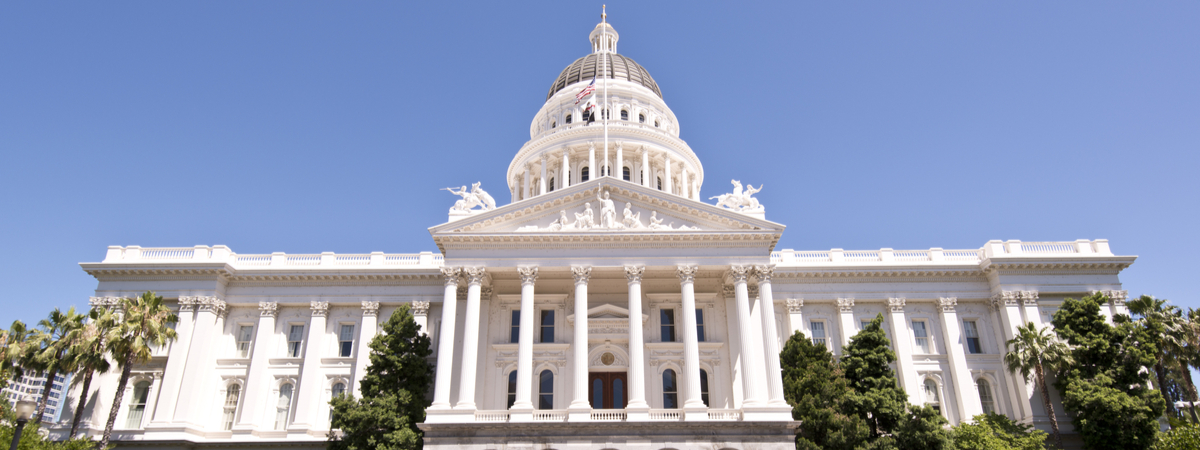In order to help businesses understand and benchmark industry practice, Greenberg Traurig attorneys analyzed the publicly available privacy policies of companies within the Fortune 500.[1] As of October 2022 – nearly two years after the CCPA took effect – 71% of companies had updated their privacy policies to account for the CCPA.[2] It









